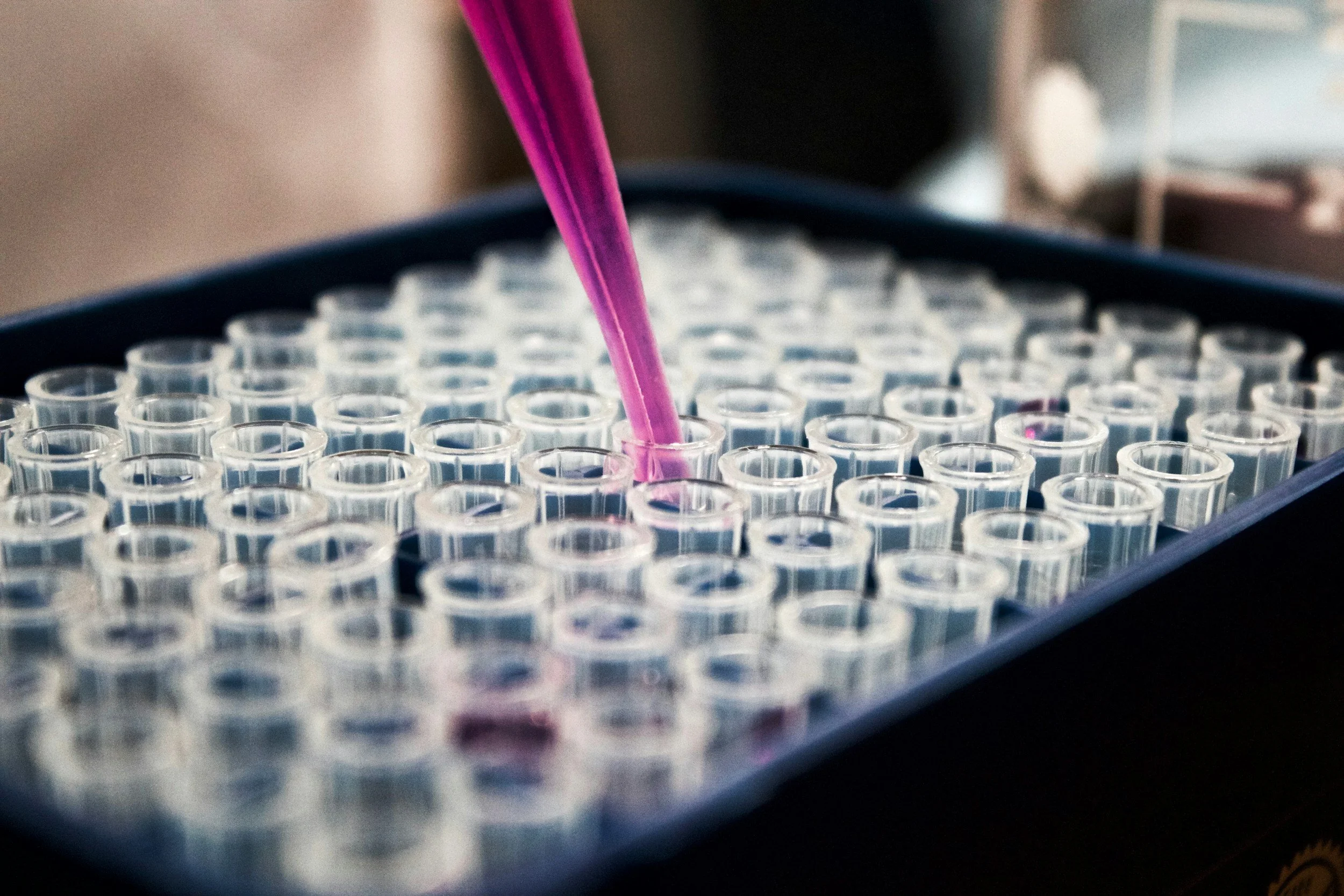Gene Therapy or Genetic Enhancement?
What is gene enhancement and what is gene therapy?
A therapy is a treatment for a disorder or deficiency that aims to bring an unhealthy person back to health whereas an enhancement is an improvement or extension of some characteristic or capacity. It is important to note that both of these definitions imply the sense of a human norm as it implies a definition of normal human health that a patient is aiming to get to and it also implies that there is a standard capability for a human characteristic for enhancement to then provide an extension of this characteristic norm.
Why is it difficult to distinguish between therapy and enhancement?
The difference can be hard to distinguish for two reasons:
1) They are not mutually exclusive meaning that most therapies are also enhancements, you can't therefore classify the applications of biotechnology into the categories enhancement and therapy as they overlap. Because of this we usually classify enhancement as the 'non-therapeutic enhancement' . However even this definition has its ambiguities as does enhancement when referring to the human bodies function mean making more of it or making it better.
2) In both therapy and enhancement you are largely using the same methods and it is largely the same activity the only difference between the two is the starting condition of the person who is treated relative to the norm and what is deemed the normal capability of a human being, what is a healthy human being.
EthicsInGenes
EthicsInGenes
Further Ambiguity about definitions
there is also further ambiguity with the definitions that are used in this area of science. This ambiguity arises as the non-coding regions of our genes ( which make up 98 percent of our genes ) play a big role in the regulation of human disease, because these regions have a large role in disease regulation there is research being done there is research being done for the non-coding regions to be a target for gene therapy. In which case there is also a debate as to whether we should now keep the name 'gene therapy' or whether we should now call it 'genome therapy' as it is unclear whether the definition of a gene includes the non-coding regions whereas the term genome includes the non-coding regions without any debate. Therefore the term ' genome therapy' is more inclusive to the new and developing therapy treatments that include targeting the non-coding regions of the genome.
Case study regarding this ambiguity
There is a new gene therapy technology that has been developed named CRISPR and it has created a new opportunity for scientist to enhance human abilities. The research would potentially allow for scientists to enhance muscle strength, disease resistance and cognitive abilities in humans This naturally raised lots of ethical questions one of the ethical concerns that rose from this was in 2018 when a Chinese scientist He Jiankui genetically modified human embryos to make them resistant to HIV but by doing this he also enhanced the cognitive abilities of the baby's that were born from these embryos. This made people think about the long term and societal impacts of using CRISPR. This incident raised two main questions, the first being whether we should use gene therapy not only for treating disease, but also for preventing disease. This then raises the following question on what we actually define a disease as. By answering these two questions we will be able to have a better idea on the difference between gene therapy and genetic enhancement. An example of where the second question of what we actually define a disease as is shown in the case of obesity, would we classify obesity as a disease and therefore using would gene therapy for obesity only be classified as treating disease instead of preventing disease or should this be seen as enhancement
Conclusion
With gene therapy treatments improving and developing at the rapid rate that they are it is becoming increasingly important that we make definitions clear, if these definitions are not made clear then it will be near impossible to regulate treatments as it can be hard to differentiate what term the treatment comes under or even if it fits into two categories.

